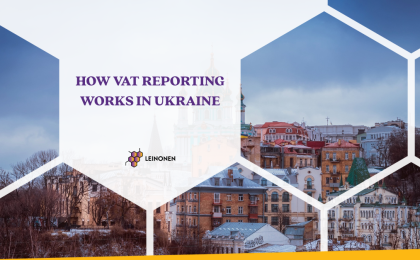Ukraine is headed towards presidential elections in March 2019, and parliamentary elections later in the year. Currently, the government needs to fund itself before these elections. Later on in 2018 1,8 billion USD of foreign debt will need to be amortized, and currently Ukraine’s foreign reserves are not up to the task while the Ukrainian currency Hryvnia is also depreciating.
The lynchpin of succeeding in this funding is the IMF, which is withholding its next loan tranche to Ukraine until certain prerequisites are met. Ukraine has mananged to establish an anticorruption court which was one of the IMF requirements. Another demand of the IMF is an increase of gas prices for Ukraine’s domestic consumers. The IMF has made clear that talks will not go forward until this prerequisite is met. An IMF delegation is headed to Ukraine in September, which suggests that some talks have been going on behind the scenes and an agreement may have been reached.
If the IMF tranche is not secured, Ukraine will be facing a liquidity crisis just before elections. Analysts do not expect that Ukraine can secure financing anywhere else on adequate terms, so there is a strong expectation that the Ukrainian goverment will make necessary concessions to secure the loan.
If for some reason the tranche will not come, The Ukrainian National Bank could step in and finance the government for the debt paybacks. However, this is considered as a last resort which is not likely to happen. The National Bank has been a driving force behind Ukraine’s corruption reforms, and convinced the government to accept the IMF’s loan and reform program.




